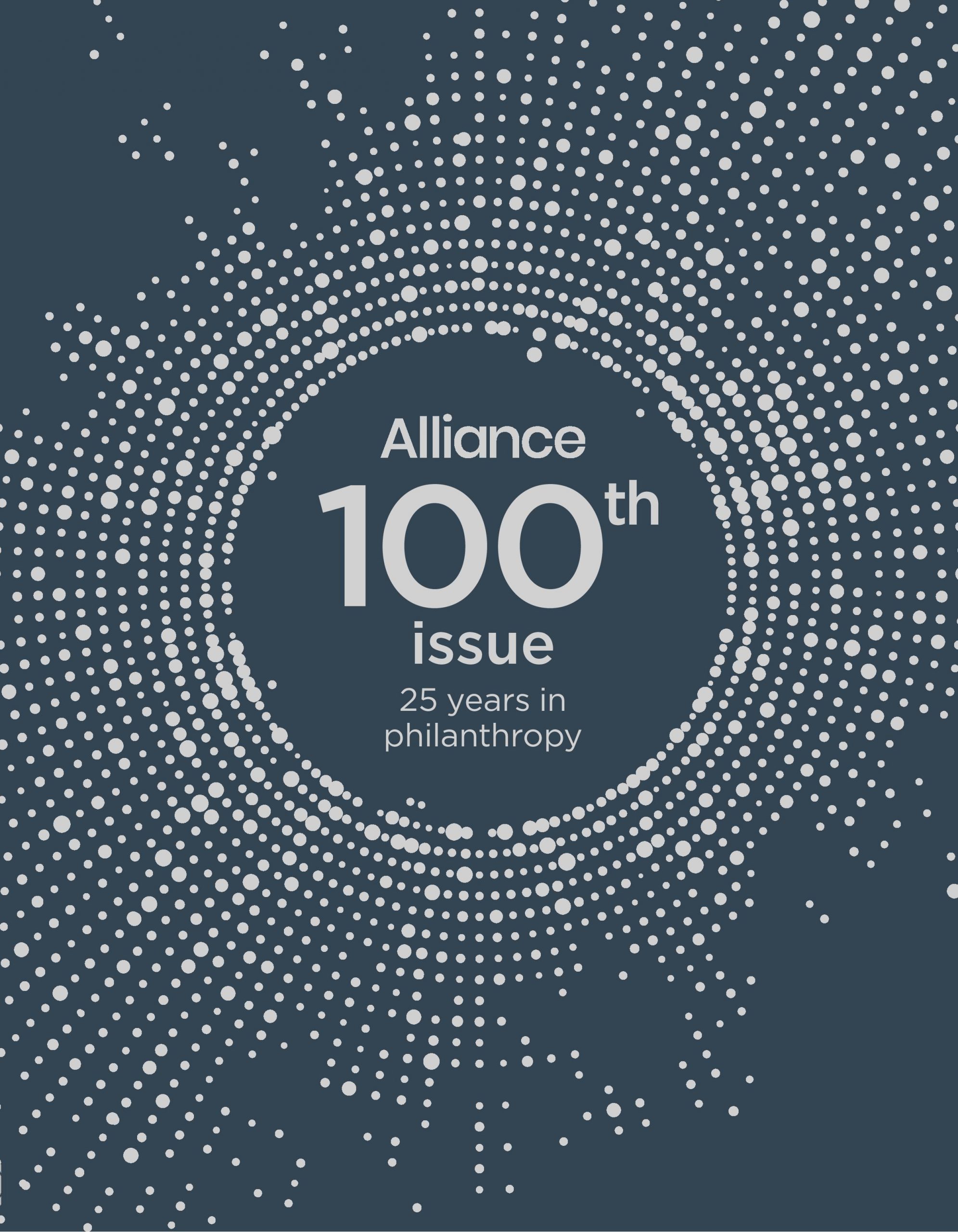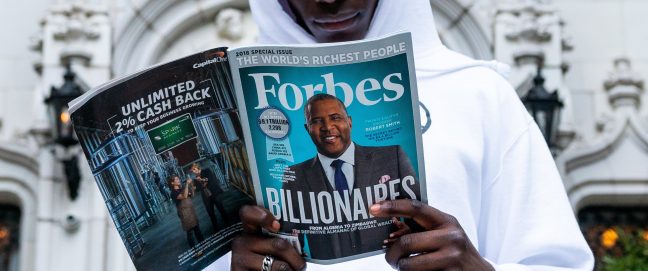It is time to disentangle critiques of philanthropy from critiques of wealth and inequality

Rutger Bregman: ‘stupid philanthropy schemes’. Credit: Marla Aufmuth/TED
When the Dutch historian Rutger Bregman talked about ‘stupid philanthropy schemes’ during his now-famous appearance at Davos in 2019, he was making a much broader point about the damage being done by unrestrained capitalism, tax avoidance, and prioritising profits over people. Yet the resulting spotlight has shone most intensely upon the practice of philanthropy. As a result, elite philanthropy has become emblematic of wider concerns about wealth and inequality, resulting in the curious situation that large philanthropic donations spark a debate about the merits of capitalism whereas buying a superyacht does not.
Given the evident diversity of both donors and the causes supported by philanthropy, a simple, unqualified characterisation of philanthropy as either a cause or effect of inequality is reductive and misleading.
Questions about the legitimacy of philanthropy in the context of growing wealth inequality generally fall into one of three distinct areas: first, that philanthropy exacerbates inequality with the help of publicly-funded tax breaks and little oversight. Second, that elite donors are insufficiently concerned about redistribution. Third, that philanthropy is driven by fundamentally self-serving motives, including a desire by rich donors to hang onto the unequal advantages they enjoy. These concerns lie respectively at the heart of what I call the academic, insider and populist critiques of philanthropy. The cumulative result is to nurture a dislike of donors and undermine confidence in the positive potential of their philanthropy.
 This is clearly unfair. Given the evident diversity of both donors and the causes supported by philanthropy, a simple, unqualified characterisation of philanthropy as either a cause or effect of inequality is reductive and misleading. It should also be pointed out that decades of much better funded government action have also failed to prevent rising inequality.
This is clearly unfair. Given the evident diversity of both donors and the causes supported by philanthropy, a simple, unqualified characterisation of philanthropy as either a cause or effect of inequality is reductive and misleading. It should also be pointed out that decades of much better funded government action have also failed to prevent rising inequality.
Critiques of philanthropy continue to hold private giving accountable for problems it has no capacity to solve, whilst overlooking the potential of philanthropy to improve the lives of communities and individuals.
It is time to disentangle critiques of philanthropy from critiques of wealth and inequality, and to give some credit for philanthropy’s role in diverting money from purely private to public ends, reducing the impact of what French economist Thomas Piketty has described as the key mechanism behind inequality: intergenerational wealth transfers. Like Bregman, Piketty’s recommendations are focused on governmental solutions, notably a global wealth tax and a greater focus on domestic public policy to tackle inequality. Yet critiques of philanthropy continue to hold private giving accountable for problems it has no capacity to solve, whilst overlooking the potential of philanthropy to improve the lives of communities and individuals.
Beth Breeze is director of the Centre for Philanthropy, University of Kent, and author of In Defence of Philanthropy.
Email: b.breeze@kent.ac.uk
Twitter: @UKCPhilanthropy







Comments (0)